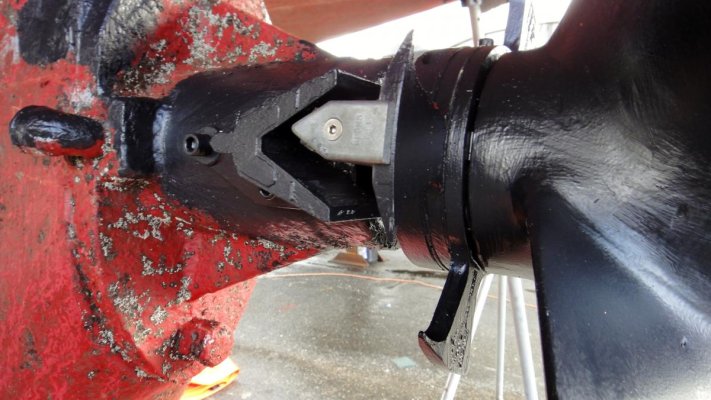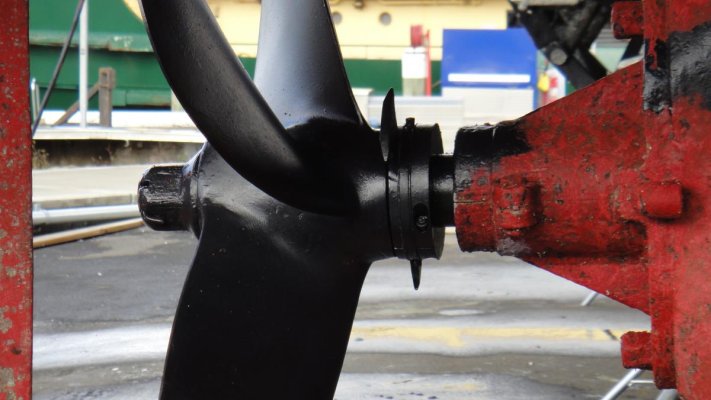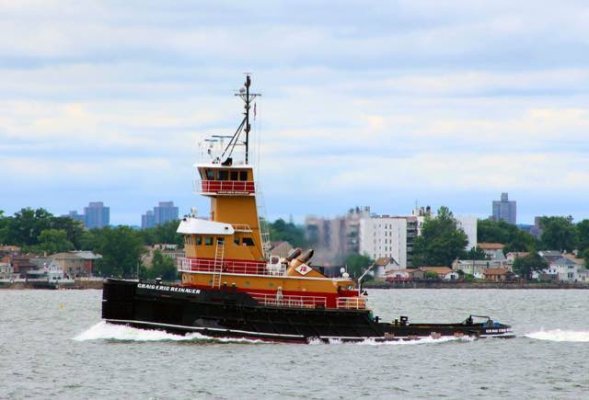you'd be surprised how many boats are poorly lit or not at all
Having boated on a lake most of my life, that will never surprise me. Many of the bass fishermen, who typically ran 45 to 60 mph, wouldn't use lights because they said they could see better without them. For some reason, being seen never crossed their mind. We did not boat at night on the lake.







